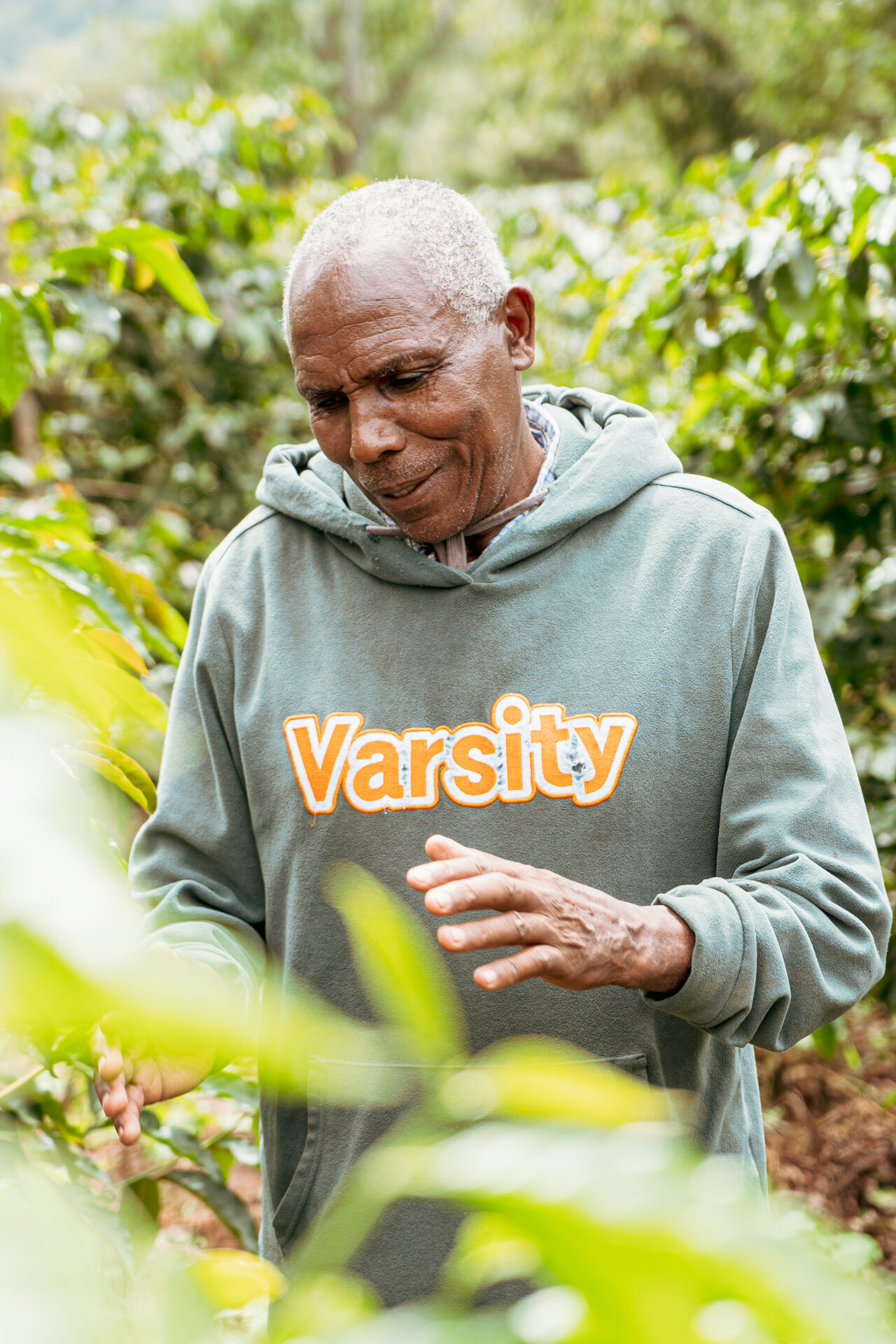
A Brighter Future through Coffee: Overcoming Adversity with Diversification
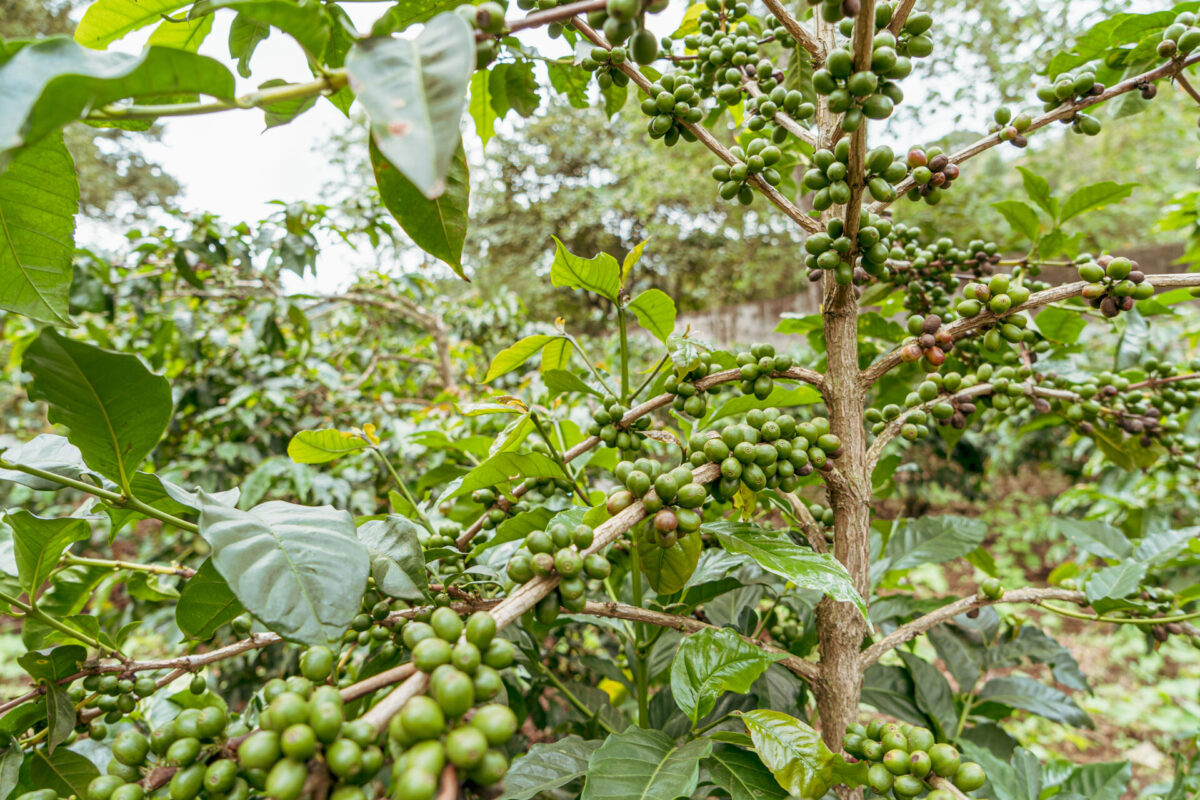
Northern Tanzania is home to some of the country’s most famous tourist locations including Kilimanjaro, the highest peak in Africa, and the Serengeti National Park. Safari Neema Halloty lives here in the district of Karatu, where he runs a modest coffee farm. At only 1.2 hectares, the farm is too small to produce a decent crop of coffee, and so Safari has turned to diversification to make his farm an economically viable business.
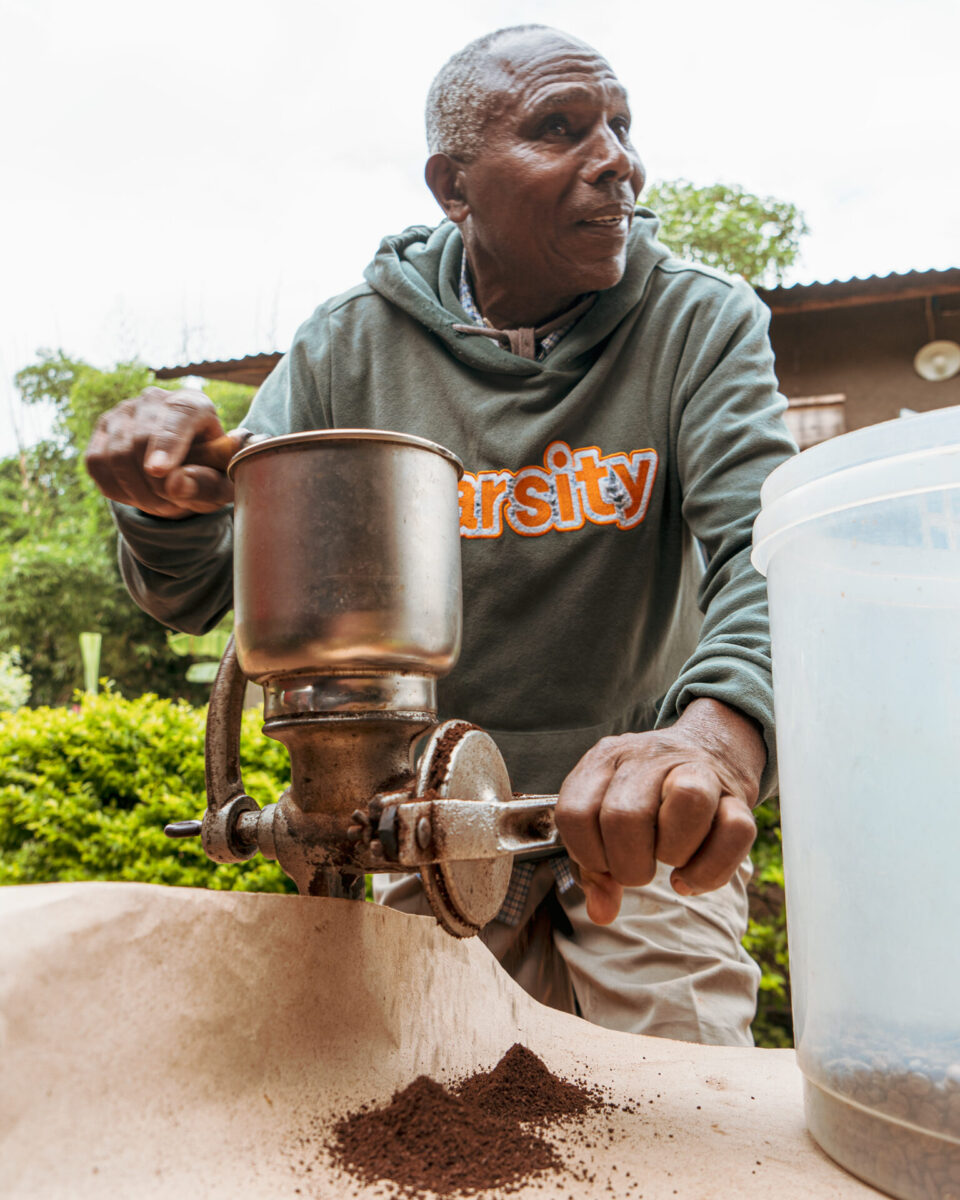
Safari not only farms the coffee beans, but processes and refines them in-house, and then sells the coffee on to locals and tourists staying at nearby lodges. He also runs a coffee farm tour which takes visitors around the coffee farm, and offers hands-on experiences like planting coffee seedlings and watching the green beans be roasted.
The COVID-19 pandemic put a stop to overseas tourism, but taking advantage of the lull, Karatu saw a steady stream of visitors from within Tanzania.
This year, 2022, Safari celebrates his 70th birthday. When he bought his farm in 2015, he had no previous experience of coffee production. Despite his laid-back exterior, Safari is a man with a vision, and it’s a vision that has helped broaden his horizons.

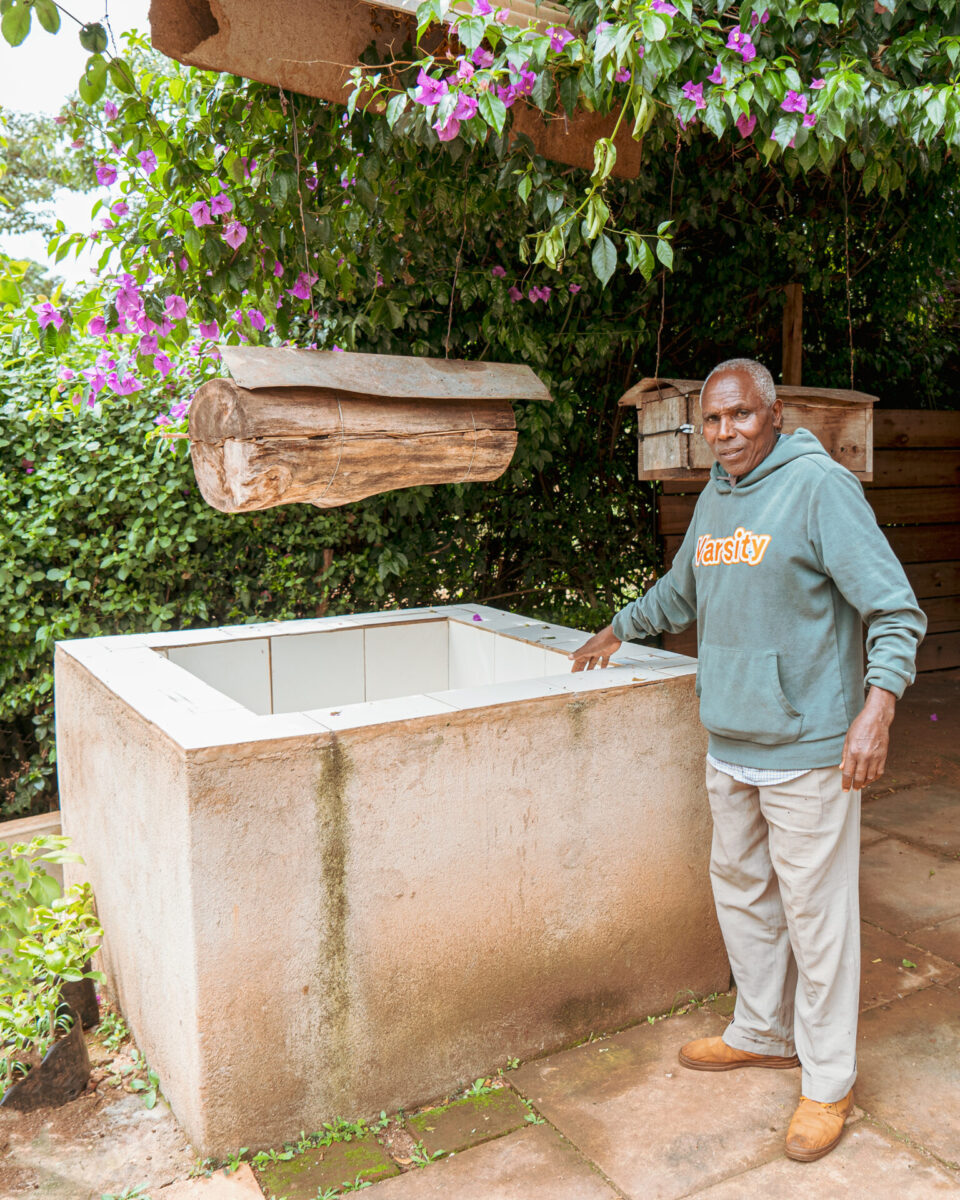
Making coffee and making happiness
Ten minutes’ drive from Safari’s farm is the home of his son, Philipo. Here there is a space for drying the green beans, a basic wet mill for wash processing, and a seedbed for coffee plants. Philipo mentions how he’s sometimes asked by other farmers to process coffee cherries.
Perhaps it’s from running the farm tour, but the family are clearly used to having visitors and know how to make someone feel welcome. Within minutes of arriving, Safari has already pointed out the washroom, and Philipo’s wife has come over for a friendly conversation in English.
As if coffee production wasn’t enough, Philipo’s house is also home to a beehive, and the honey is harvested and sold to tourists. This diversified business model is the brainchild of Philipo, currently working in housekeeping at a luxury lodge. The idea came to him after noticing that tourists didn’t always go off on trips. Sometimes they stayed at the lodge.
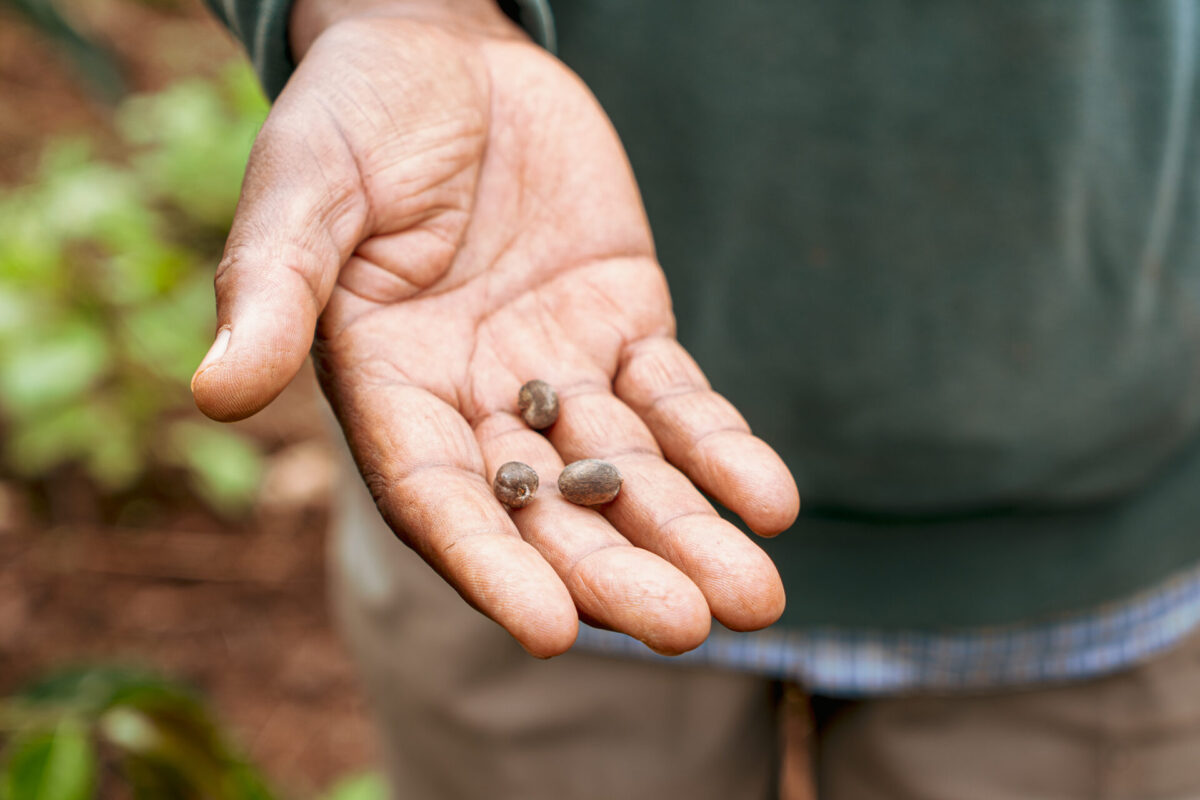
Before becoming a coffee farmer, Safari worked as a store keeper at a luxury lodge hotel. In 2015, at the age of 63, he retired from his job and used funds from his terminal benefit to buy the farm land.
When he purchased the farm, there were already coffee plants growing on the land, but the farm had been neglected and the coffee cherries had dried up before they could be harvested.
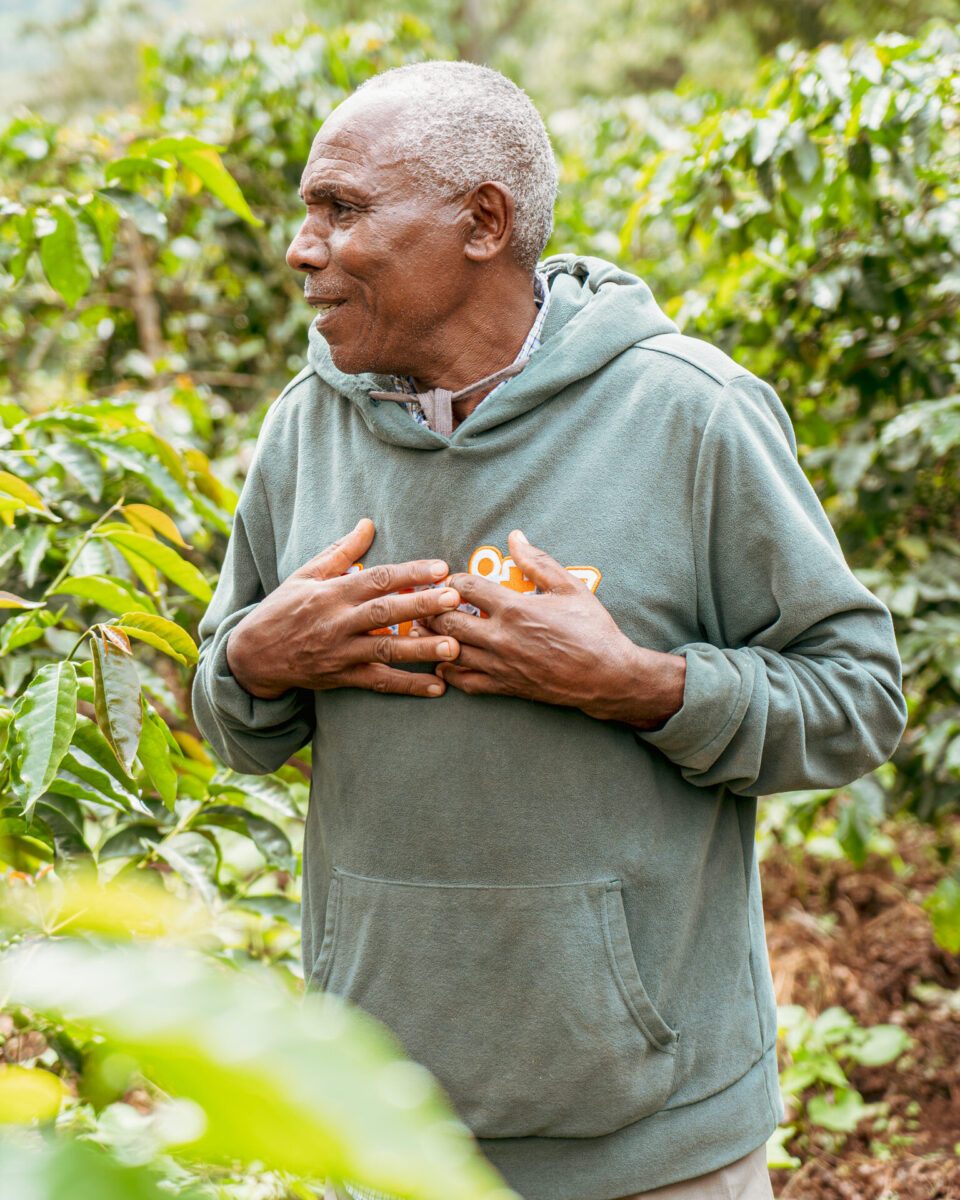
Safari received only a basic education and had not been taught how to read or write. The owner of the lodge where he used to work came to his aid. Some say education only makes you a better liar, but this was not true of the lodge owner. A European by birth, the owner not only taught Safari how to read and write, she pushed him to go into coffee farming, and bought coffee from him once he began production. “The lodge was like a school for me,” says Safari, recalling that time.
“I’m glad that I chose to farm coffee. It’s true that tourism can influence the coffee industry, but unlike maize or other crops, coffee doesn’t get damaged by wild animals and you can earn a stable profit. My son’s house, my grandchildren’s education, these have all been possible because of the coffee farm.”
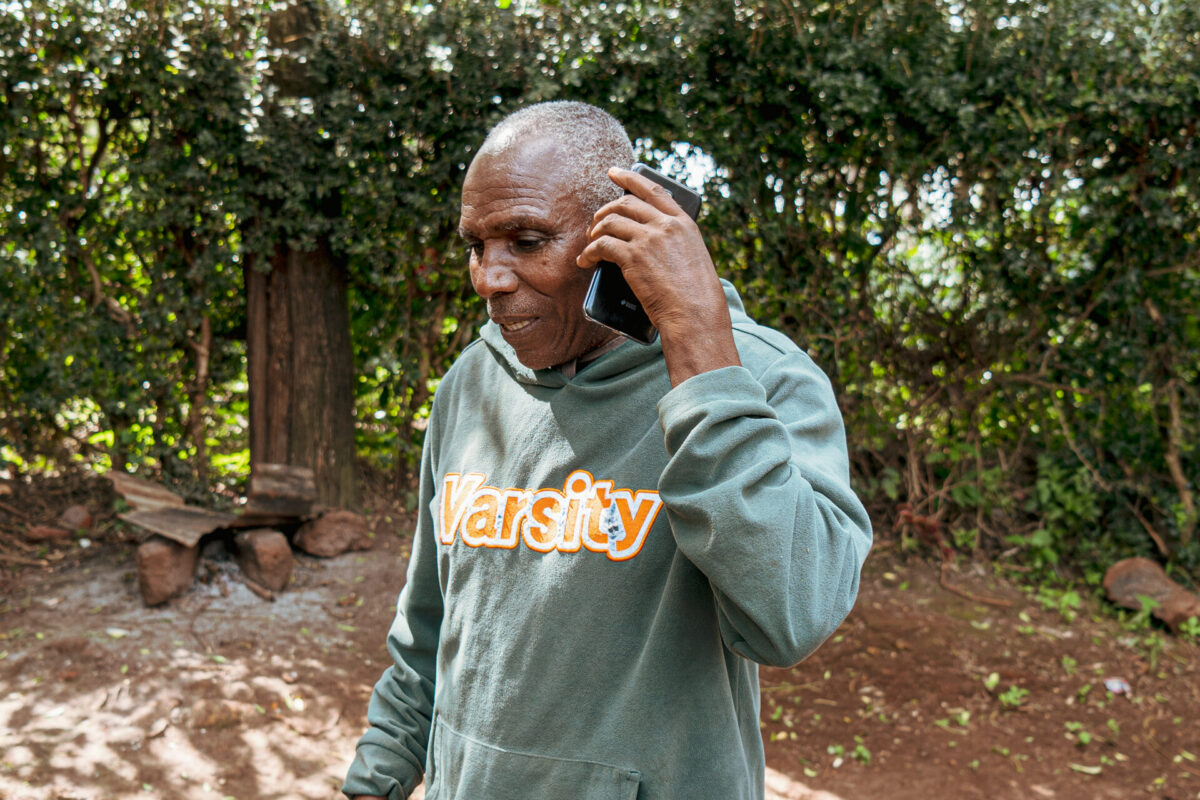
“When we hear back from people who’ve taken part in the coffee farm tour, it makes it all worthwhile, and motivates me to do more. And when we get feedback like ‘Someday, I want to come back to your farm and buy your coffee again,’ it really makes me happy.”

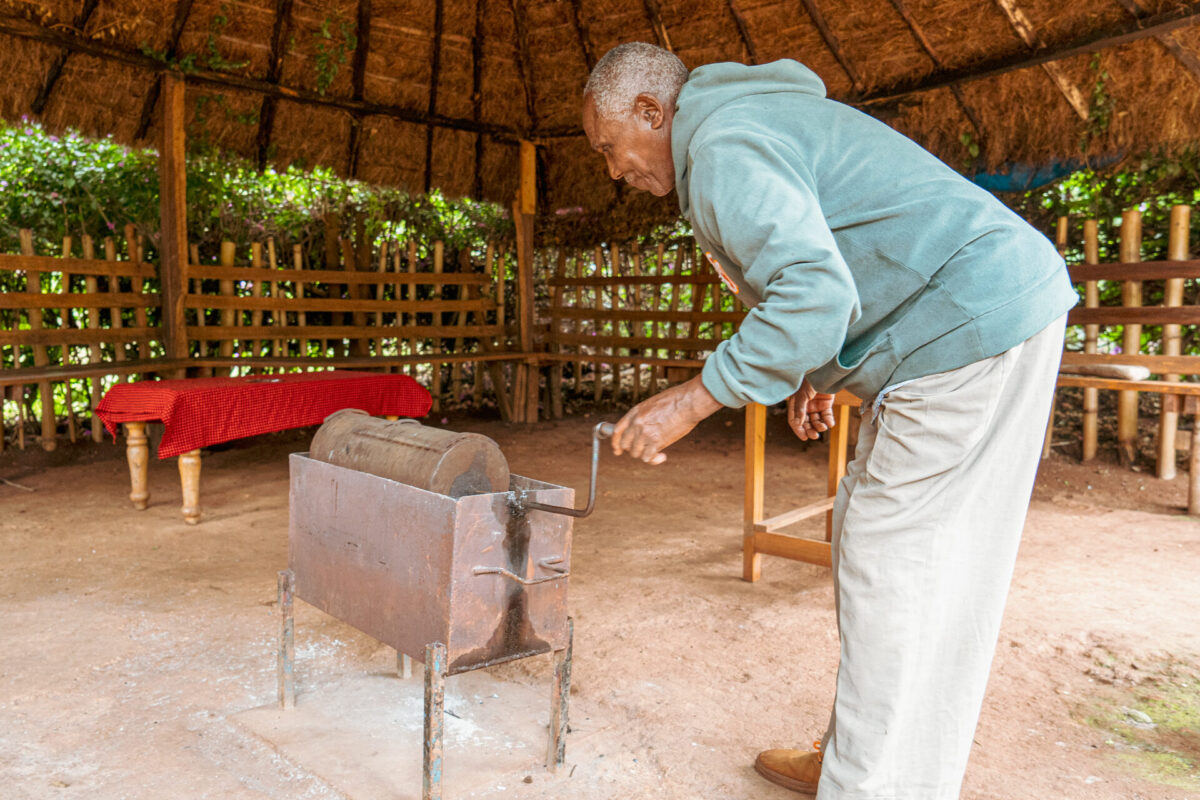
Making coffee and making a difference
Smallholders like Safari who process, roast, and sell direct to coffee drinkers are few and far between, not only in Tanzania but all over the world. However, it wasn’t so long ago that Karatu was just like other coffee farming areas. They had a co-operative union which would buy up the coffee from smallholders and export to customers overseas. Gradually, however, widespread corruption within the union caused the system to collapse.
Cut off from sales channels and with no way to earn an income, many coffee farmers left the industry. Those who decided to stay began targeting areas with high tourism, and to develop and open up their own channels.
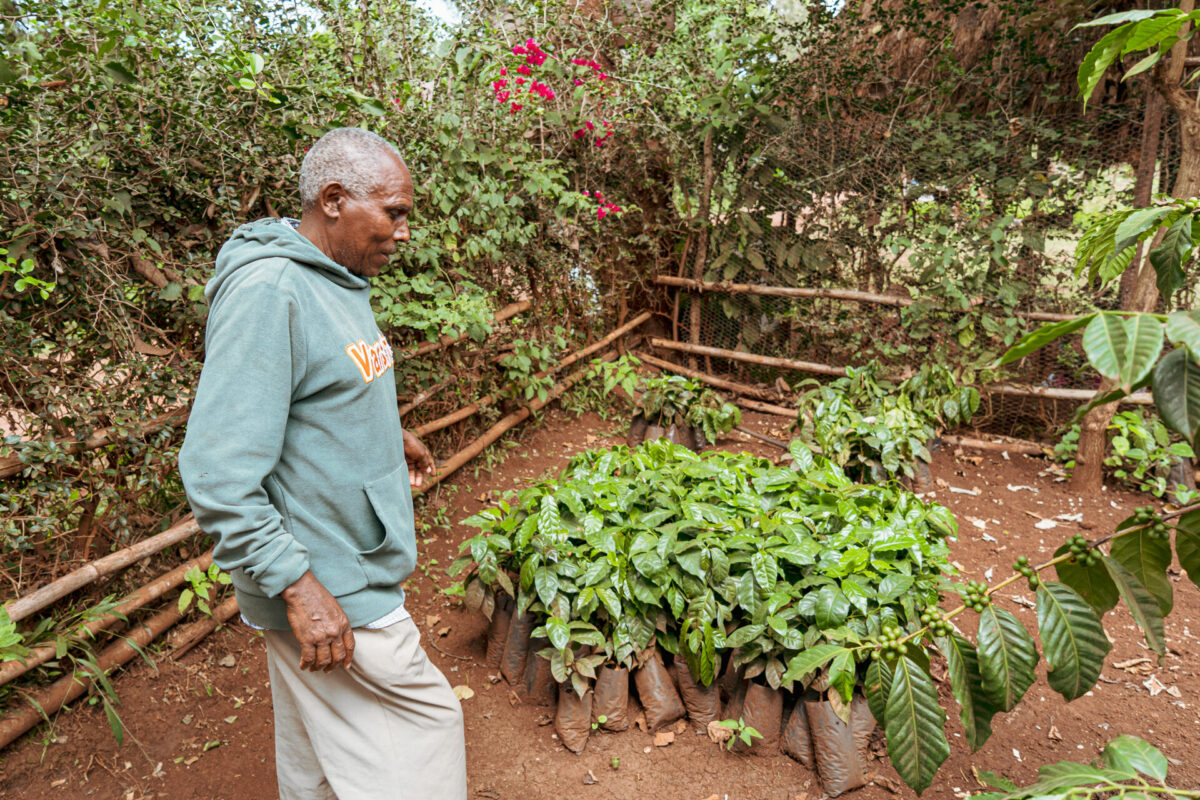
With his diversification business model proving to be successful, Safari has now begun selling coffee seedlings to locals at a knockdown price. The expensive price of coffee seedlings is one of the reasons people are forced to give up coffee farming.
“Many people give up their farms and move away because they can’t make enough to live on. I want to do what I can to stop that. And if they sell their green beans to us, we can help each other’s business to grow. I think that coffee can change our region for the better, and I want to help make it happen.”
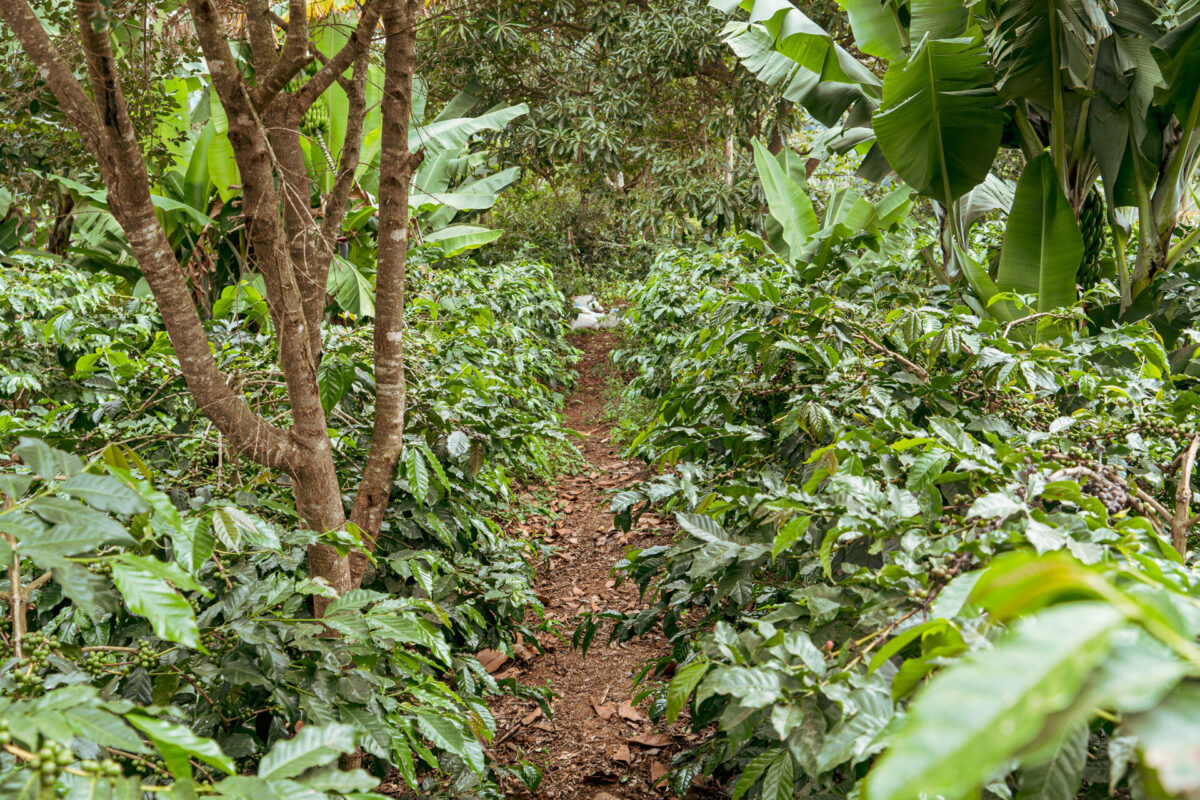
The coffee business is a family affair at the Safari household, and one day, Philipo will take over from his father and run it on his own.
The collapse of the co-operative union meant that each farmer had to carve out their own path if they wanted to survive. Safari has done just that, rising to the challenge, and using his combined resources to the full potential. With coffee, Safari has not only opened up a new road, he is paving the way to a brighter, better future for him, his family, and his community.
Originally written in Japanese by Tatsuya Nakamichi